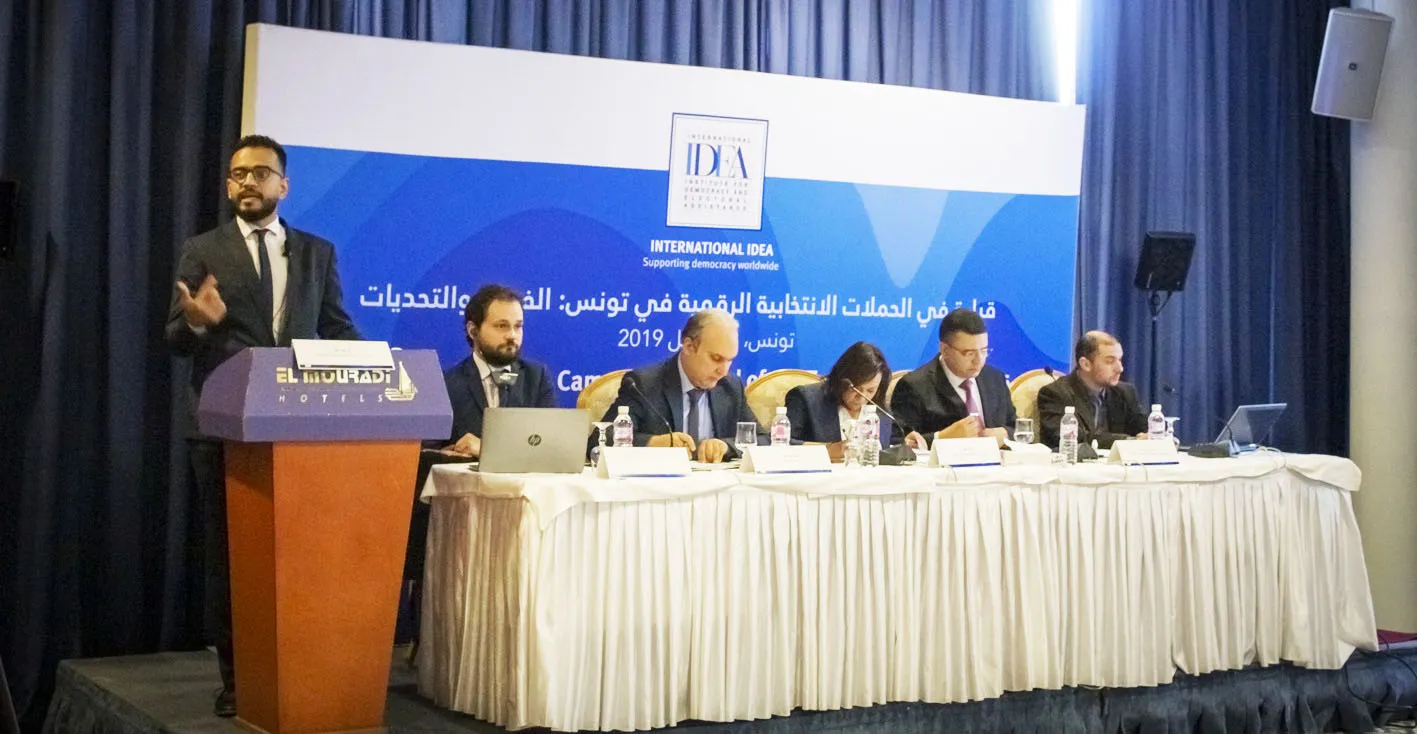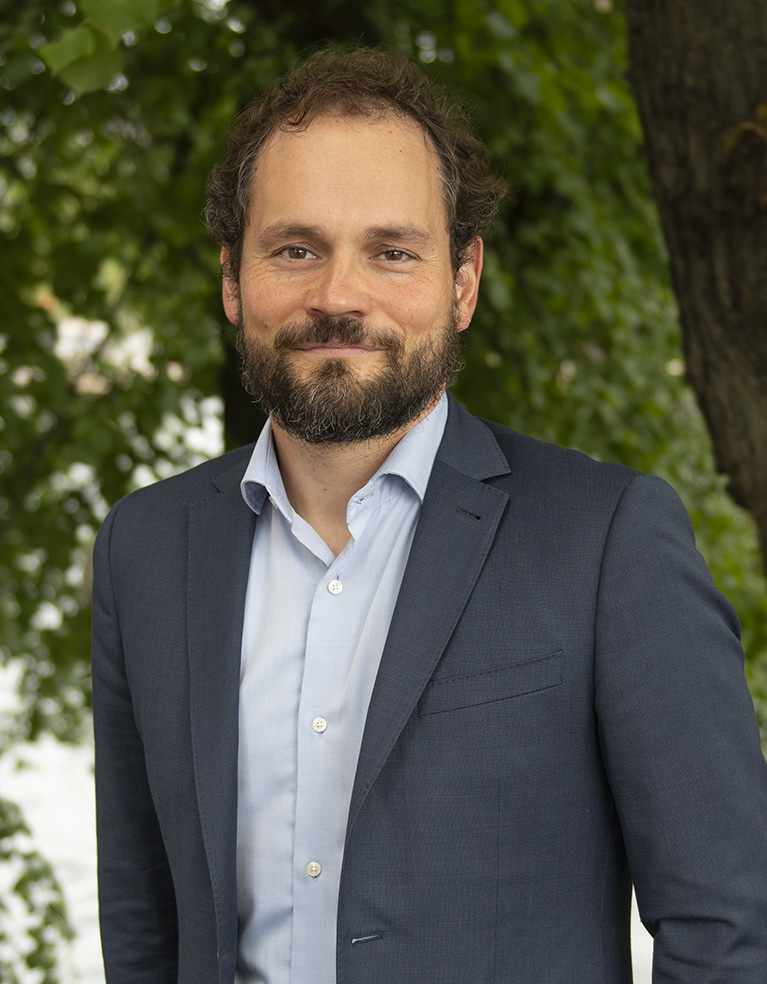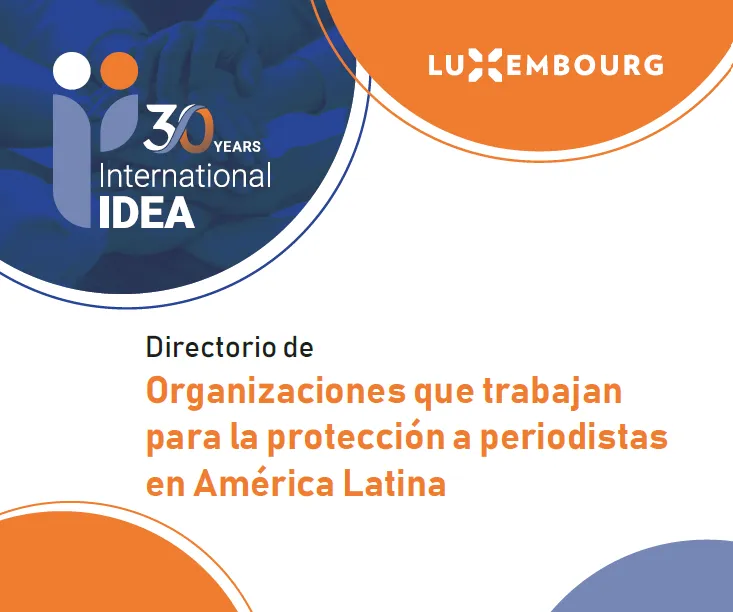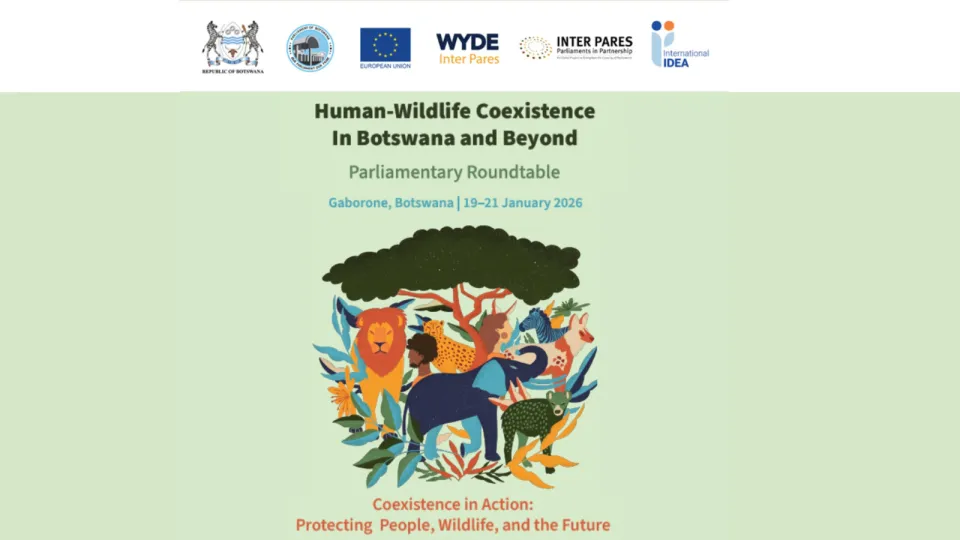Protecting Tunisian elections from digital threats

If one country can globally exemplify the power of social media in politics, that is Tunisia. In 2011, the 25 years of Ben Ali regime were put to an end by a popular revolution that was, in part, coordinated through social media. Facebook played a significant role as it was the platform that many Tunisians used to communicate their ideas and to organize the different events and protests of the revolution. Many has named the Tunisian revolution as the first Facebook Revolution. Yet, fast-forwarding to 2019, the role social media is playing in politics in Tunisia is direly different. Although still a tool for communication and engagement among citizens and political institutions, social media has also become a platform to spread disinformation and manipulate political public opinion.
Politics in Tunisia happen increasingly online. Conversations about different topics with political content—education, the economy and religion—thrive on social media sites, especially Facebook. All political actors maintain updated profiles, but the real conversation takes places on a wide array of Facebook pages and groups that are focused on these topics. Some of these pages are clearly politically-veered towards one or other idea, but some of them are much subtler in their political affiliation. These sometimes focused on non-overly political topics—sports, culture, etc.—and only activate politically when elections approach. Others clearly change management and become political right before elections. Some suggest that political parties are behind, partially or totally, the management of these pages, and that they are used to influence public opinion. Others argue as well that those behind these sites also use different manipulation techniques, such as astroturfing or the use of automatic or semi-automatic false profiles online.
To shed light upon this phenomenon and address the impact it might have in the upcoming political campaign, International IDEA organized on the 12 April 2019 a Roundtable with all key stakeholders regarding the topic, including the Instance Supérieure Indépendante pour les Élections (ISIE), the Haute autorité indépendante de la communication audiovisuelle (HAICA), the Instance Nationale de Protection des Données Personnelles (INPDP), diverse CSOs and private companies working on digital campaigns and a group of active Members of Parliament from diverse political parties. The Roundtable focused on highlighting the current state of social media used by political actors ahead of the elections, seeking to understand and foresight how social media will impact the political campaign, and how to better protect the integrity of the campaign.
All speakers agreed on a fundamental idea: the upcoming political campaign will happen online, and parties and citizens are taking their campaigns to the online realm in order to convince—sometimes, manipulate—public opinion. As a rather new technique of public opinion influence and potential manipulation, digital campaigns create uncertainty. Monitoring responsibilities are slip among different agencies, the role social media companies play in elections is not fully incorporated on legislation, and parties have an opening to bypass financial regulations and expenditure caps without being detected by investing heavily on social media.
International IDEA will present a report with an analysis of state of social media use for political campaigns in Tunisia ahead of the Presidential and Parliamentary elections, including points of attention that should be addressed by different stakeholders to protect the integrity of the elections from malicious use of social media.




